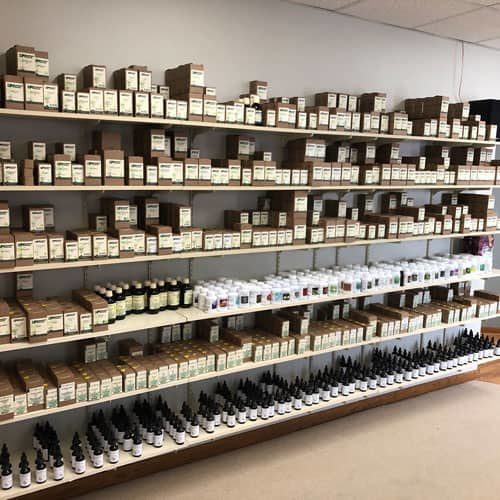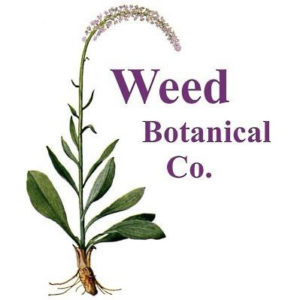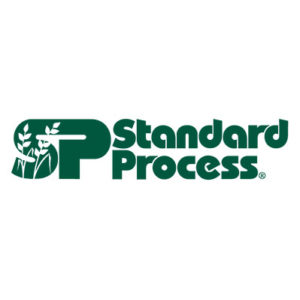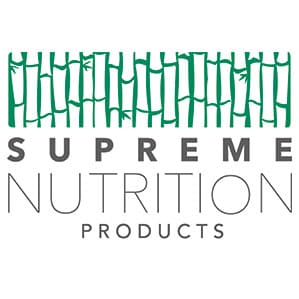The word on the street is that osteoporosis is due to a lack of calcium or need for vitamin K2. But this is simply not true. Maintaining healthy bones as we get older is a community effort that depends on a number of factors including vitamin status, hormone production and mineral availability. It’s also a pretty safe bet that a ‘Fosamax’ deficiency isn’t at play either. To say that any single condition or dysfunction is due one missing nutrient is crazy. Let’s take a look at what’s really going on.
When calcium is given as a single supplement to reverse osteoporosis, especially calcium ascorbate, it ends up in the muscles of the heart, the heart valves and the blood vessels, leading to cardiovascular disease. And that’s never a good thing. A healthier option would be to consume a diet rich in green leafy vegetables containing vitamin K2 and plenty of magnesium. This provides your body with the nutrients it needs to transport calcium obtained from the food you eat to where it belongs inside of your body – not in your heart and blood vessels.
Another nutrient deficiency that is rarely discussed when it comes to bone health is vitamin C. Dr. Suzanne Humphries refers to osteoporosis as ‘scurvy of the bone.’ And scurvy is nothing more than a severe vitamin C deficiency.
Food-based vitamin C (not synthetically-derived ascorbic acid) helps to mineralize the bone and stimulates growth of bone-forming cells. Conversely and more importantly, it prevents bone breakdown by inhibiting cells that absorb bone, leading to increased porosity. And since bones are essentially connective tissue, vitamin C helps to synthesize and create more collagen!
Studies have shown that elderly patients with bone fractures had significantly lower vitamin C levels in their blood than those who hadn’t fractured bones. Additionally, bone mineral density scores were consistently higher for people who supplemented with vitamin C or ensured their diet contained a robust intake of vitamin c foods, independent of estrogen levels.
Working in tandem, there are other important vitamins and minerals such as silica and boron, that help to maintain balance in the bones, allowing for calcium to stay where it’s needed. Boron can be found in mineral-rich foods such as black, lima, mung and kidney beans, snap peas, berries, cherries, onions, walnuts, peaches, cocoa, apples, avocado, pecans, sweet potatoes and prunes.
Silica-containing foods should be included as often as possible which include melons, cucumbers, artichokes, asparagus, dandelion and leafy greens. Herbs such as nettle leaf, horsetail, oatstraw and rose hips also contain high levels of this important bone-building mineral. The easiest way to make sure you’re getting enough is to drink a cup of nettle leaf tea every day!





